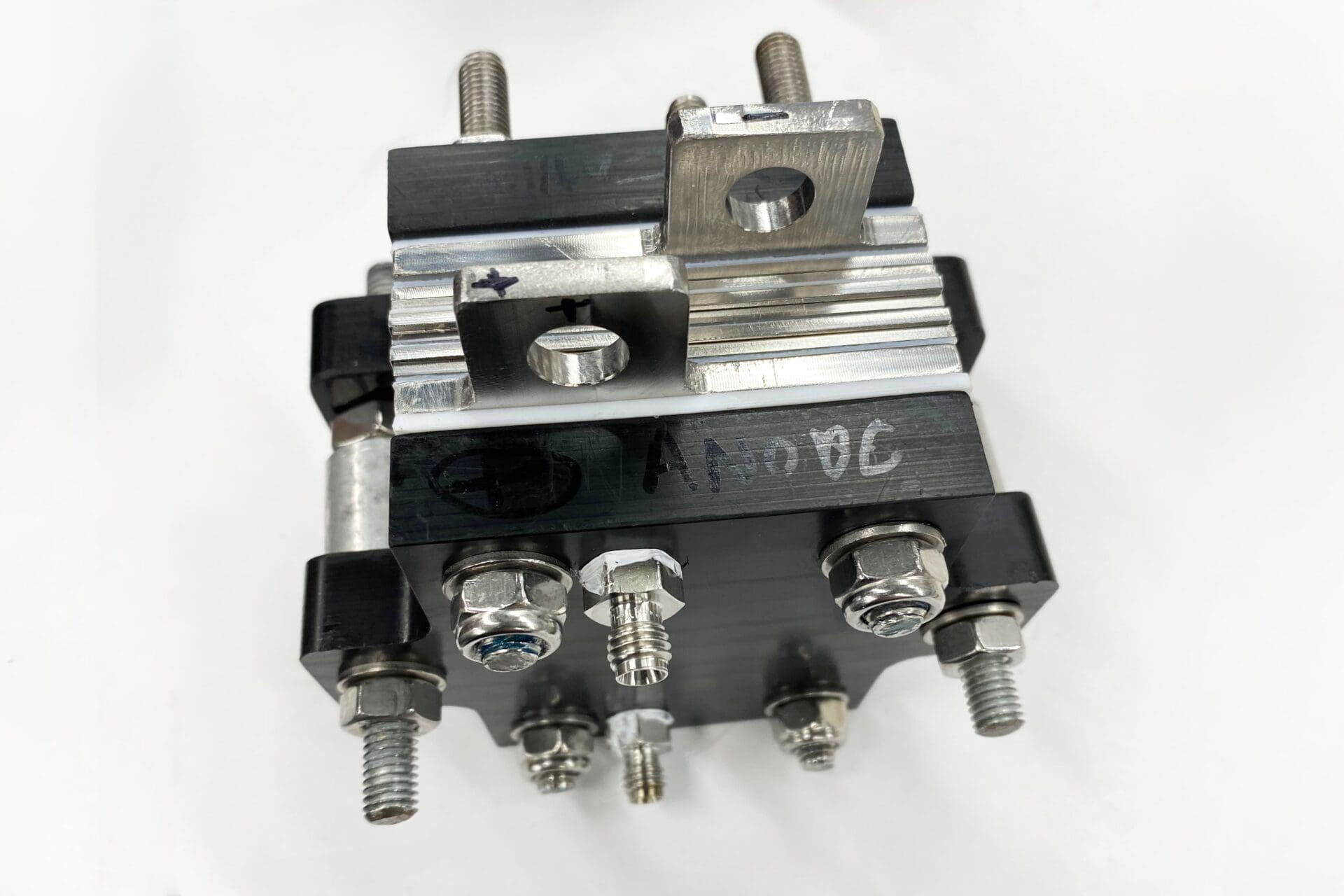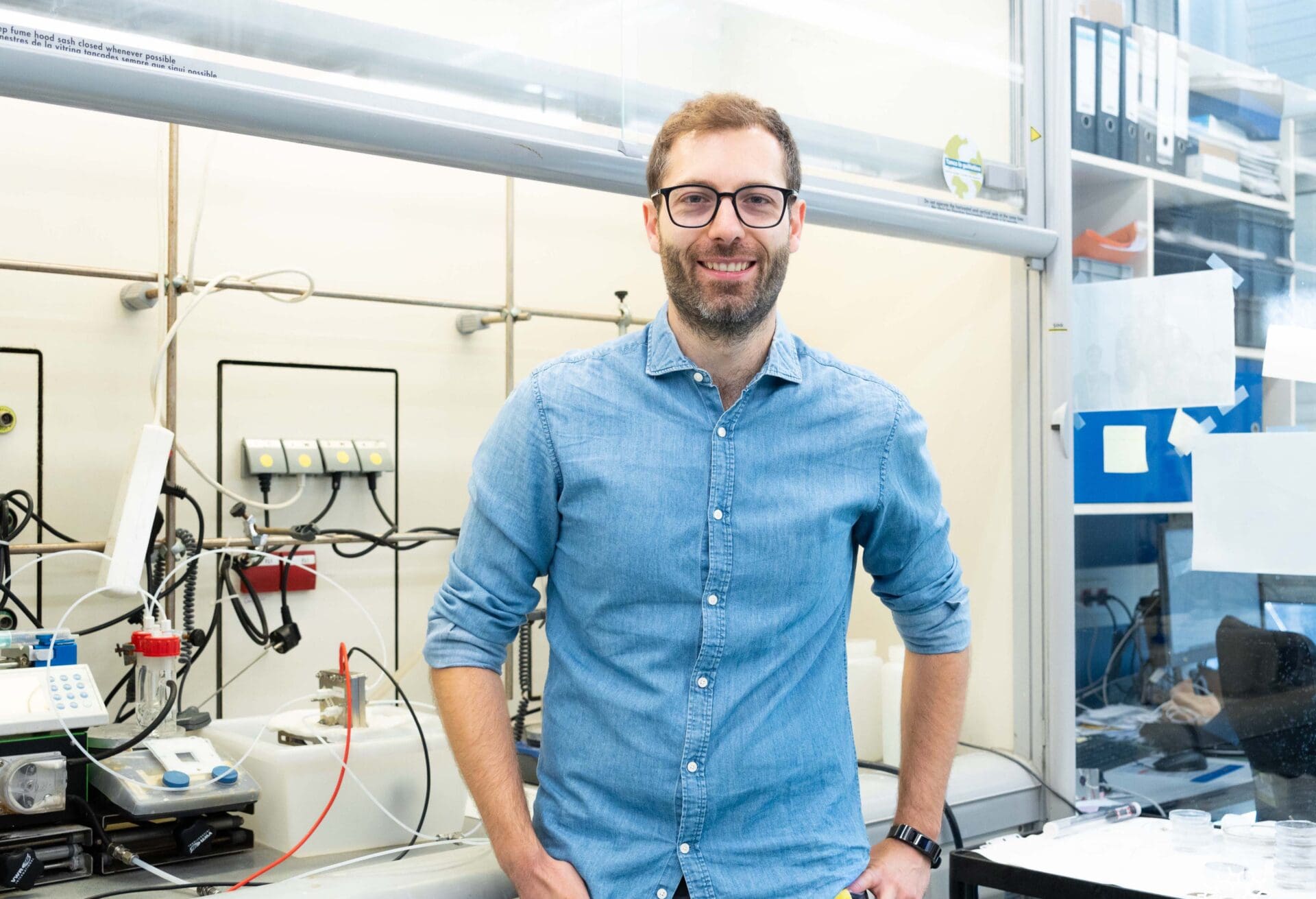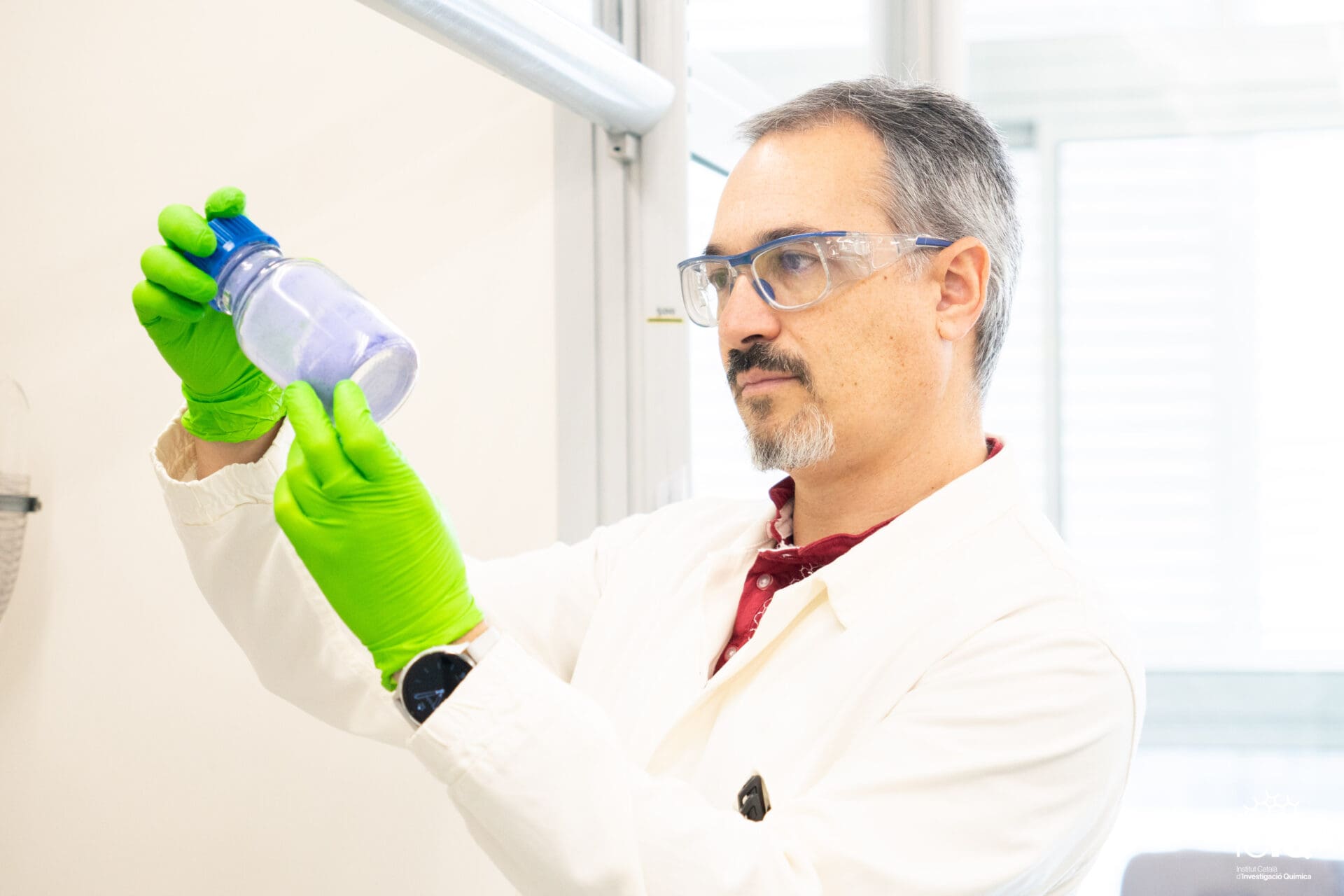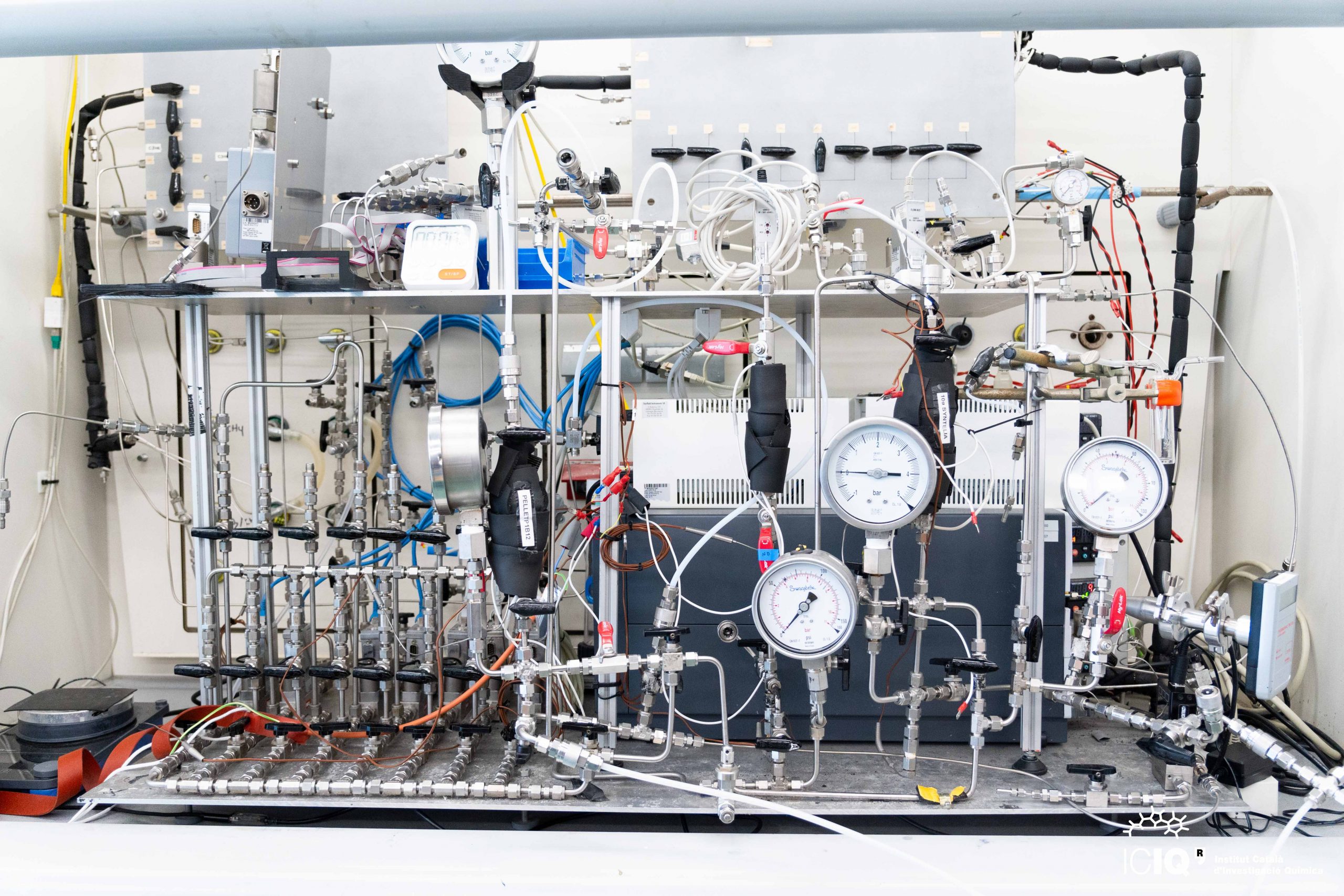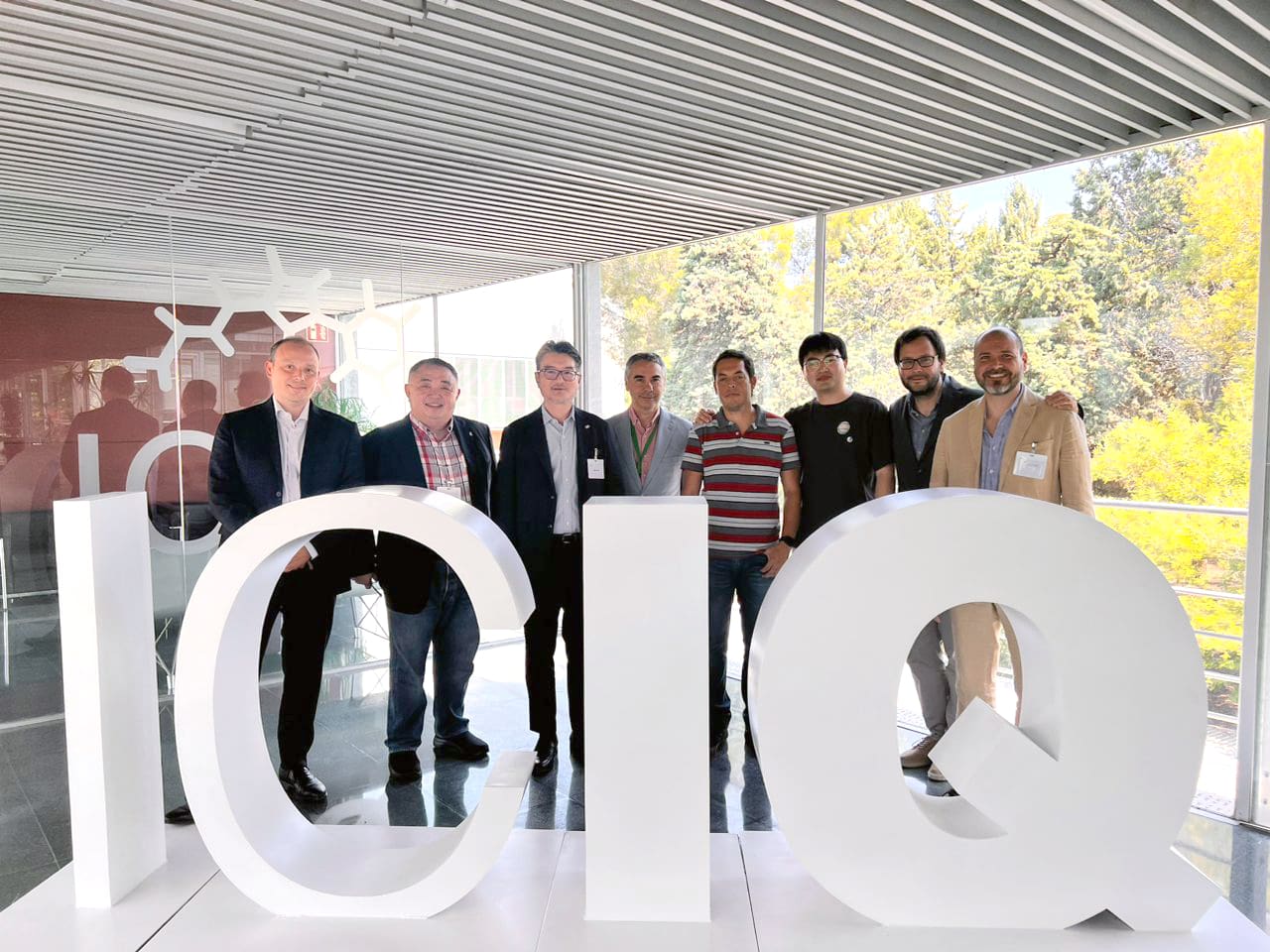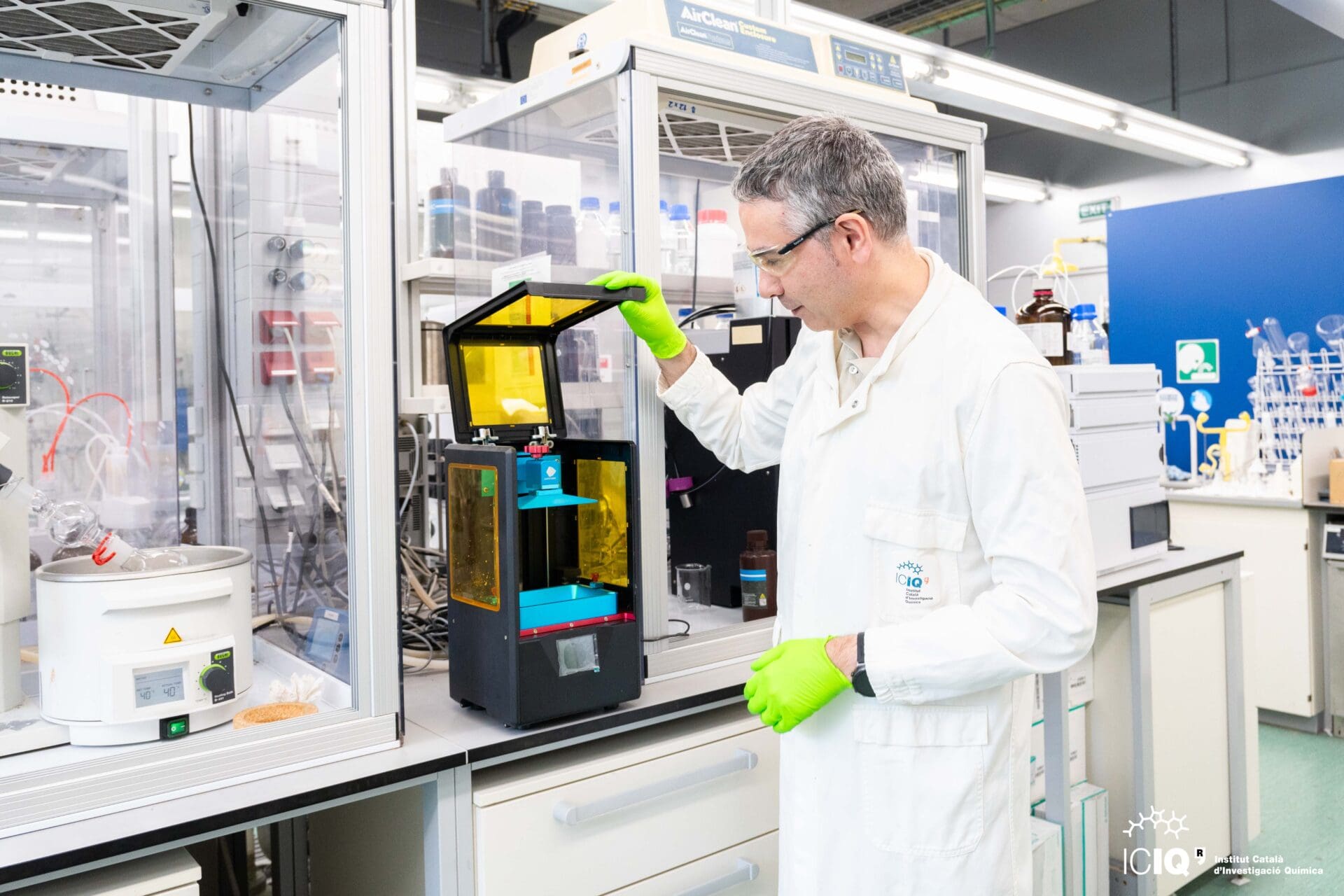ICIQ hosts the annual meeting of the TRIPyr project
Nature is a role model when it comes to recycling waste. The TRIPyr project has the same vision. Uniting a force of seven partner organisations across the Pyrenees, the project focuses on the recovery of industrial waste related to the agri-food and pesticide industries.
The seven partners of the TRIPyr consortium have met on the 29th and 30th of November at ICIQ for their annual meeting. The gathering has brought together the members of the consortium to share the development of the project and discuss future actions. The partners also enjoyed a visit to the state-of-the-art equipment and infrastructures available at ICIQ.
Invited speakers have also joined the two-day gathering, providing insight into their fields of expertise. Prof. Ana Aguiar, president of the Division of Green & Sustainable Chemistry of the European Chemical Society and expert in green chemistry and supercritical CO2 technology from the New Lisbon University, delivered the talk “Rethinking supercritical CO2 use;” Dr. François Jérôme, from the Institute of Chemistry of Poitiers: Materials and Natural Resources, who has extensive experience in the coupling of catalysis with alternative technologies presented “Alternative technologies for biomass conversion;” and the third invitee, Alessandro Zedda, director of Zedda Innovation Consulting & Labs gave the talk entitled “Monetization Strategies for Intellectual Properties. Know the value of your IP, choose the best industrial partner to negotiate more and better licensing deals.”
About TRIPyr
TRIPyr’s strategy is to develop cutting-edge catalysis-based methodologies, a tool with high selectivity and economy of atoms and energy, for the transformation of industrial waste related to the agri-food and pesticide industries into raw materials. The industrial transfer of the studied processes will be carried out through discontinuous (batch) and continuous flow scaling studies for the catalytic transformation of industrial fatty residues of animal origin, as well as aliphatic halogenated residues, into valuable products.
The project has come into place thanks to a close Trans-Pyrenean collaboration among three academic partners: the Fundamental and Applied Heterochemistry Laboratory (LHFA-CNRS/UT3 Paul Sabatier, Toulouse, Occitanie), the Institute of Chemical Research of Catalonia (ICIQ, Tarragona, Catalonia) and the Institute of Chemical Sciences and Homogeneous catalysis (CHESO, Zaragoza, Aragón); two technological centres: the European House of Innovative Processes (MEPI, Toulouse, Occitanie) and the Navarra Industry Association (AIN, Cordovilla, Navarra); the SME Sapoval (Albi, Occitanie) and Ecocène (Pau, Nouvelle-Aquitaine), an association devoted to public outreach.
The project has been 65% co-financed by the European Regional Development Fund (ERDF) through the Interreg V-A Spain France Andorra programme (POCTEFA 2014-2020). POCTEFA aims to reinforce the economic and social integration of the French–Spanish–Andorran border. Its support is focused on developing economic, social and environmental cross-border activities through joint strategies favouring sustainable territorial development.
Related news

Let's create a brighter future
Join our team to work with renowned researchers, tackle groundbreaking
projects and contribute to meaningful scientific advancements
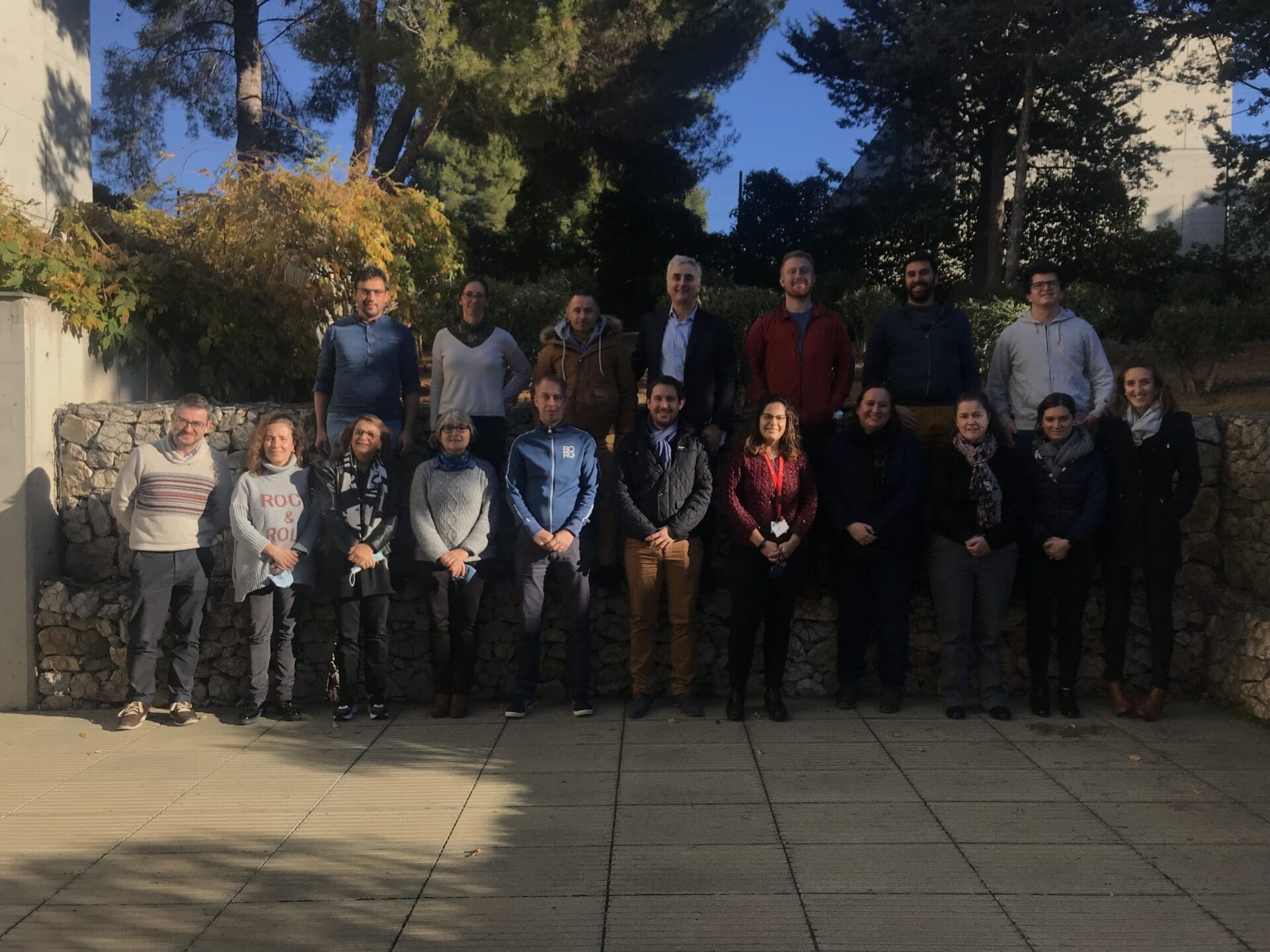
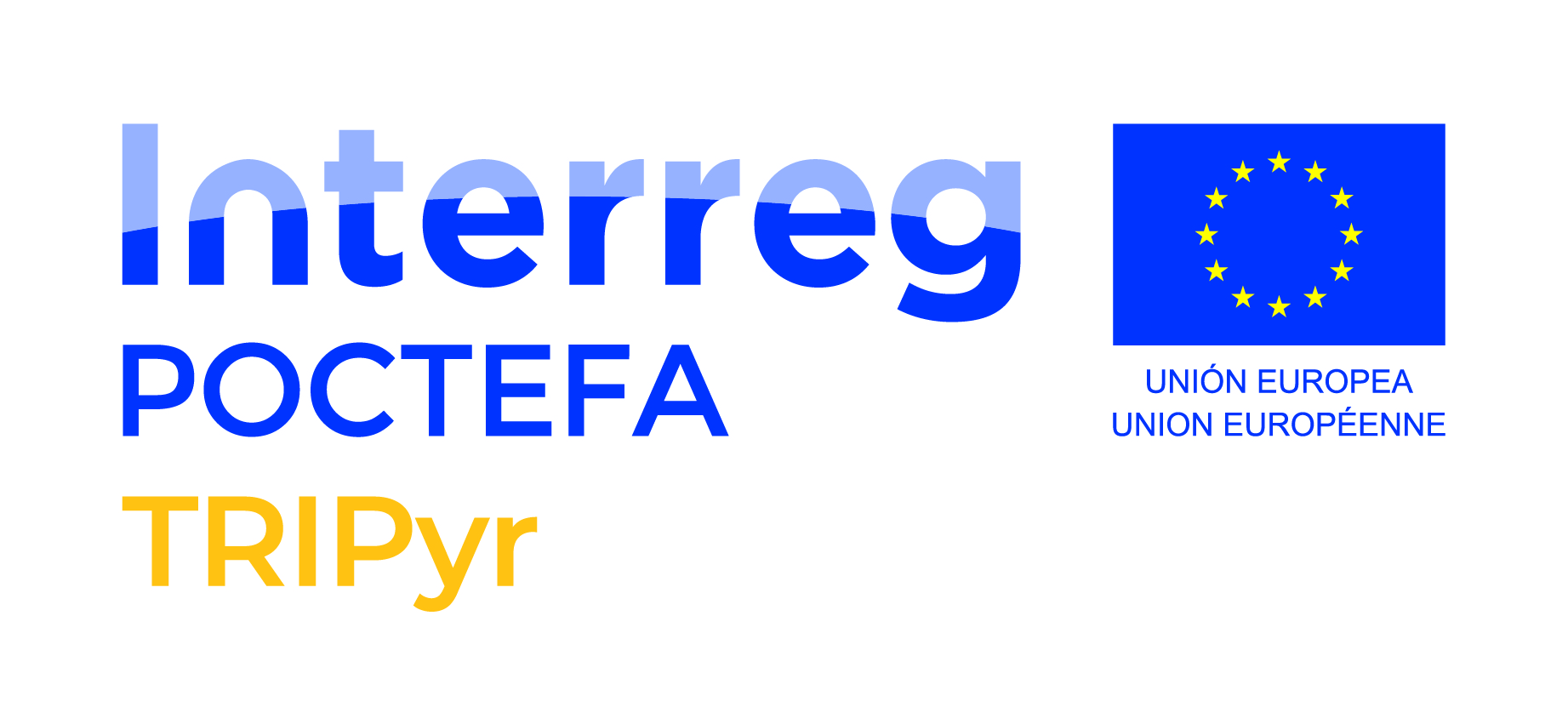






 17-12-2024
17-12-2024 